Culture guest Päivi Nisula has always taken it for granted that family comes first, then a career as an opera singer. Ten years ago, part of the family disappeared. Nisula’s son died.
The glow continued later in the evaluations of culture websites.
A day before that January 2014 premiere, the mailbox at Nisula’s home crashed. Posteljooni dropped the death certificate of Nisula’s son, Vilho, into it. The family had been waiting for what seemed like an eternity, nine months.
The following day, the singer, who had a long career, was stepping on the opera stage for the first time since her son’s death. Mom knew right away that she wouldn’t be able to read the paper before the show.
Usually, her own roles with their words and melodies remain in Päivi Nisula’s head. From *Jenufa* Kostelnička, he only remembers the main lines instead of the details, for example, that in the Czech composer’s opera he kills his daughter’s illegitimate child.
Nisula had convinced her audience, even though she sang her role like in a fog. The emotions were on the surface, regardless of the opera’s events and footsteps.
– Others stayed at the premiere party. I came home to hear how my son died.
\”Then it didn’t happen that way\”
Three dogs tirelessly make themselves available. They make sure that there is not a quiet moment at the Nisuloin homestead located in the Parainen archipelago. Tails are wagging and there’s a lot of noise all the time.
In the yard, apple trees await the arrival of summer, vines cover the outer wall. Nisula gathers to boil juice from their crops. The deer have eaten the tulips from the edge of the house.
– They are absolutely impossible. They are not afraid of anything, the singer says.
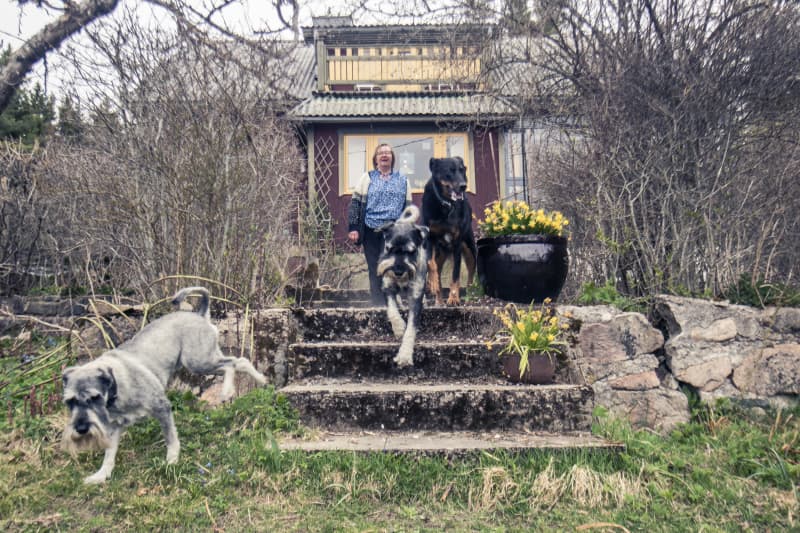
The premises with beach saunas were originally acquired as a summer cottage. The Nisulas moved permanently from Järvenpää to Parais in 2009.
A couple of years ago, Nisula’s spouse built a glazed porch on the wall. There, the singer smokes a pipe.
– I started when Vilho died. My first pipe was his pipe. The vice remained on top.
The cause of death certificate says that Nisula’s son died accidentally. Life changed suddenly and unexpectedly. From the family’s point of view, many questions remained open and the circumstances unclear.
– The big tragedy is that we will never find out what really happened, says the mother, her eyes watering.
– Vilho had just graduated as a paramedic and got a job from here. He was coming to Parais to celebrate his graduation, but it didn’t happen that way.
Grief is not diagnosed
Nisula’s daughter has later described to her mother his nature after the incident. In her daughter’s opinion, she was like a black lump. During the *Jenufa* opera, it became clear to Nisula that she needed time.
– I was completely unable to work for two years, even though the National Opera didn’t believe that.
Nisula thought it was terrible to notice that working life and healthcare do not understand grief. Grief is not diagnosed, but in recent years work has started to be done to correct the issue, for example so that doctors do not have to make up diagnoses in the middle of major crises.
– I was diagnosed with moderate depression. It will follow me for the rest of my life, even though it was about grief. Grief doesn’t get you compensation and sick leave.
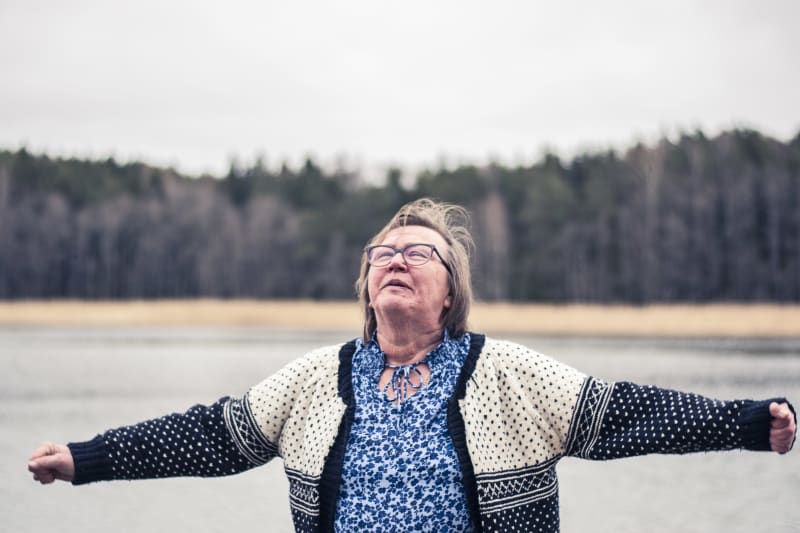
Today, Nisula can at least look at Vilho’s old photos. In the past, seeing the pictures was so painful that my mother felt as if her memories had been taken away.
– There was nothing but here and now – no past, no future. Of course, the future was taken from Vilho first of all.
Life also got bumpy at work
– We soloists were forced out of the house. A golden handshake was offered that if you left now, you’d get two—or was it three—years worth of salary.
Nisula also went to \”Miko’s interview\ but he was not offered a handshake.
Today, only a couple of singers work in the National Opera from the then soloist. Freelancers from Finland and around the world are hired for big roles.
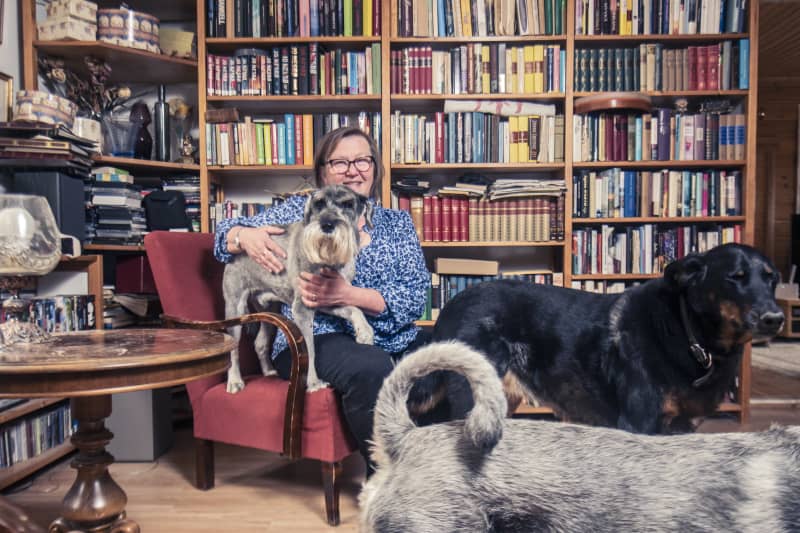
New singers to the house are instead recruited as opera singers, who in practice work in addition to small soloist roles as opera choristers and even assistants who do not have to sing in the works.
– I have spoken with many singers, and they are quite tired. It is stressful to work in several different professions.
There will be an interesting reunion next year, when Nisula returns to the stage of the National Opera for one production. The work has not been published yet.
Something big was born from a small opera society
Nisula is known as a critic of the opera world and especially the perceived injustices in the National Opera.
He retired from the house in 2016 and finally felt the courage to call things out.
At the same time, despite the difficult times, he has kept up his own association called Saaristo-opera, which was founded in 2010.
– The starting point was to test whether the opera can be made on an ensemble basis so that the same people do different productions and always change the size of their roles depending on the production. It worked well for a very long time.
The project has been characteristically small-scale from the beginning. Nisula herself has googled rarer works to present, the sets have been stored, for example, in the garage.
– I always calculate the budgets so that there are zero spectators. In other words, the starting point is that we have to get by with the money we have received from the city of Turku and Taike.
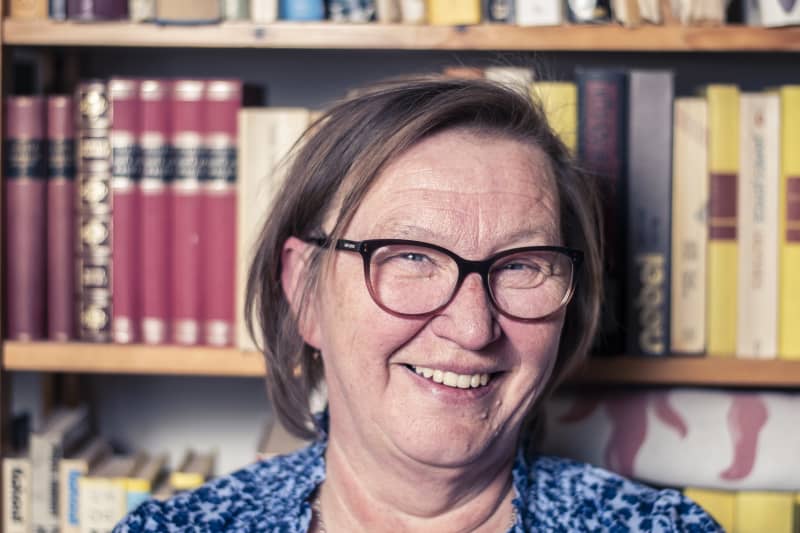
The springboard for the activity was Turku’s capital of culture year 2011, in which Nisula and its associations were part of the program.
– Through that, we got visibility and money for the operation.
A milestone in the history of the Archipelago Opera was experienced this past spring, when it got the Turku Philharmonic Orchestra and the City Theater behind it. The collaborative production *Punainen viiva* was Nisula’s own idea, which led to ten sold-out performances on the stage of the Turku City Theatre. The success encouraged the participants to agree that the cooperation will continue in the coming years as well.
But how has Nisula been able to see all the effort for the small opera society, even though everyday life with the basics has been difficult due to grief and loss?
– I don’t even understand what sense and reason there has been in all of this, Nisula answers.
With grief, Nisula lost a large number of her friends
Next Friday, it will be exactly ten years since Vilho Nisula’s death. Grief isn’t going anywhere. It’s like a lifetime that needs to be missed, as a friend told Nisula.
– It’s just here. There is life before and life after.
On the other hand, time has done its job. Nisula is a little easier to be, even if it seems like a cliché. Today, many people regard him as an almost normal person again, the singer states.
– Because of my son’s death, I lost most of my friends. A gap also grew between relatives, although many were present.
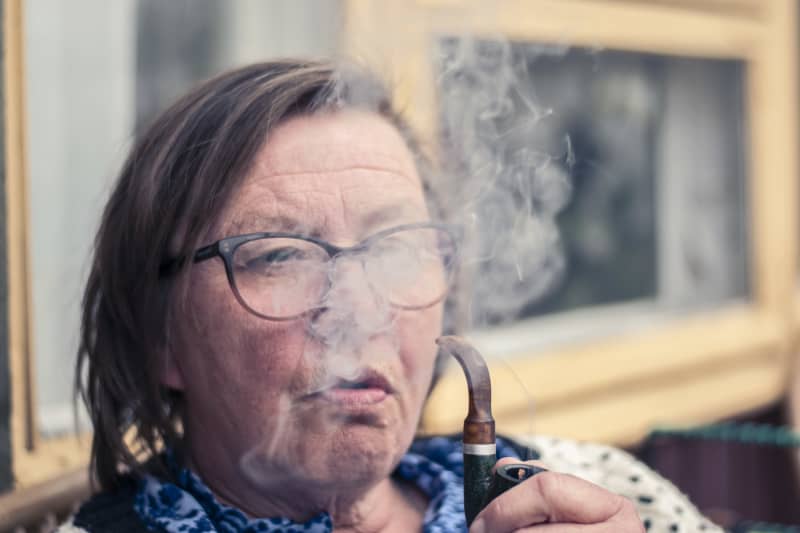
– Marja was a really big peer support for us. He was in it, it was really cool. My husband and I got a support couple from the Turku crisis center. That was also an incredible help.
Later, Nisula decided to put the good one into circulation. He trained as a peer supporter, and the new support relationship starts again at the end of this month.
– I’m hard to talk, but now I’ve taught myself to listen.
– The role of siblings in such situations is difficult. Parents are unable to support, siblings are left alone.
Besides Vilho, Päivi Nisula has two children. He is proud that they are moving forward in life and doing well.
\”At least we see each other in the same place\”
The death of her own son changed a huge number of big and small things in Nisula’s life. The name of the home farm in Parain was changed to Vilhola, where Vilho’s dog also moved. Nisula is the apple of the eye of the medium-sized schnauzer, Vallu, the object of constant observation and care. During the interview, the dog sits at the kitchen table in its own chair next to the opera singer and experiences her emotions.
– I kind of think that he is some kind of intermediary between me and Vilho, Nisula smiles.
Sometimes Nisula wonders if higher forces played a role in Vilho’s death. He feels that fate occasionally reminds him of what happened to his son.
– Last year I sang the role of a mother in *Cavalleria Rusticana*, and we had a performance on the day of Vilho’s death. In the play, the son of the mother I play dies.
But Nisula has decided that at least no specific god is behind all of this. He left the church after his son’s death.
– What kind of god allows this? If there was a god, why would it take away a 26-year-old newly graduated paramedic who had enormous potential to help people? I couldn’t understand that.
Besides, Vilhok had also left the church, Nisula says.
– If there is something after this life, at least we will see each other in the same place.
